4 Benefits of AI for Learners… and Teachers
KnowledgeOne
APRIL 3, 2024
Feedback, therefore, has not only an informative but also a motivational role. Numerous empirical studies have demonstrated the link between better performance and a more challenging task – within the competence limits of the individual performing it – (Locke and Latham, 2002; Latham, 2007; Latham and Locke, 2007).


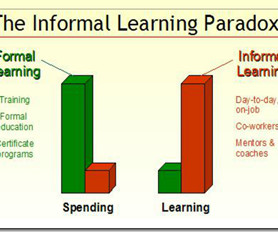









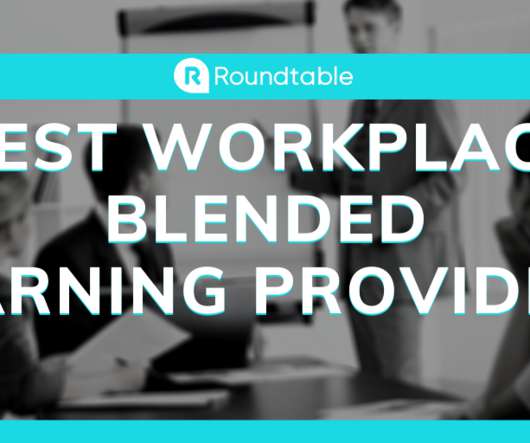

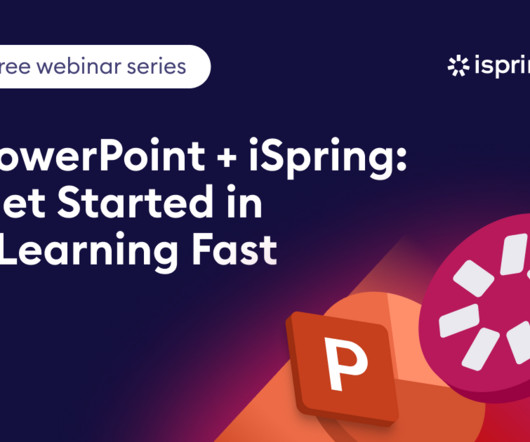
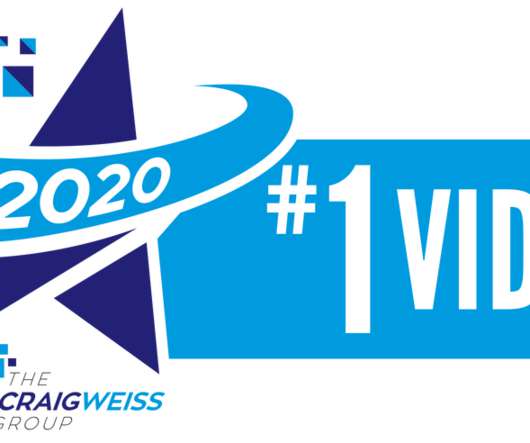















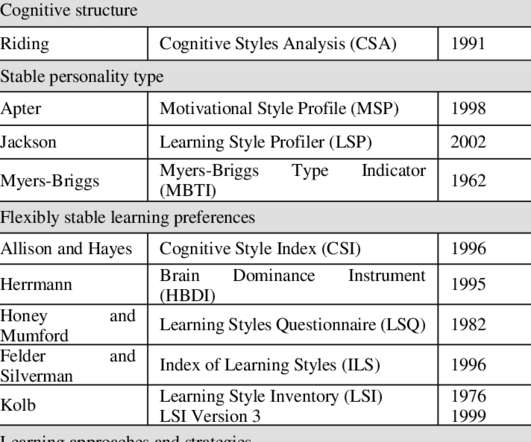

















Let's personalize your content